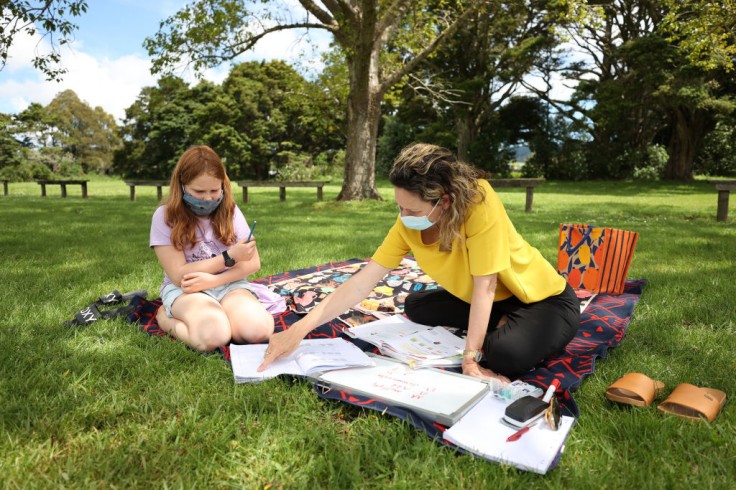
When it comes to creating an environment that fosters independence, curiosity, and holistic growth in children, the Montessori approach stands out.
Rooted in the belief that children learn best when their environment supports their natural development, Montessori parenting encourages a hands-on, self-directed learning experience.
If you're wondering how to set up a Montessori-inspired home, you're in the right place.
Understanding the Montessori Approach
Before diving into the steps, it's crucial to understand the philosophy behind Montessori parenting and its impact on child development.
Developed by Dr. Maria Montessori, this educational approach emphasizes the role of a stimulating environment in learning.
A Montessori-inspired home environment, therefore, isn't just about aesthetics. It's designed to encourage exploration, independence, and growth.
Benefits of Montessori Parenting
1. Child-Centered Approach: Montessori parenting places the child at the center of their learning experience, allowing them to discover the world at their own pace.
2. Promotes Independence: The environment is tailored to let children do things on their own, fostering self-reliance and confidence.
3. Encourages Curiosity: With accessible materials and a stimulating setup, children are naturally inclined to explore and learn.
4. Develops Holistic Skills: Beyond academic growth, Montessori-inspired environments foster social, emotional, and practical life skills.
How to Set Up a Montessori-inspired Home
1. Start with Observation: Observe your child. Notice their interests, strengths, challenges, and habits. This understanding is the foundation for setting up a supportive Montessori-inspired home environment.
2. Simplify the Environment: Declutter spaces, making sure everything has a purpose and a place. A simplified environment reduces distractions and promotes focused learning.
3. Child-sized Furniture: Invest in furniture that is the right size for your child. This enables them to access materials, eat, work, and play without constant adult assistance.
4. Accessible Materials: Store toys, books, and learning materials on low shelves. Rotate these materials occasionally to renew interest and introduce new challenges.
5. Incorporate Natural Elements: Montessori spaces often include plants, natural wood, and other elements of nature. These elements teach children about caring for other living things and the world around them.
6. Designated Activity Areas: Create dedicated zones for specific activities. For example, have a quiet corner for reading, a space for arts and crafts, and an area for practical life skills like folding clothes or preparing snacks.
7. Limit Toys, Prioritize Quality: Instead of numerous toys, focus on quality, purposeful materials that can be used in multiple ways. Open-ended toys like wooden blocks or art supplies foster creativity.
8. Include Practical Life Activities: Incorporate activities that teach life skills, such as dressing frames for buttoning or lacing, small brooms and dustpans for cleaning, or materials for pouring and scooping.
9. Art at Their Eye Level: Display art and other decorative elements at your child's eye level. This can also apply to their own artwork, giving them a sense of pride and belonging in the home.
10. Safety First: While independence is encouraged, safety is paramount. Ensure that all materials and setups are safe and age-appropriate.
Setting up a Montessori-inspired home goes beyond aesthetics. It's about creating a nurturing environment that resonates with a child's natural curiosity and developmental needs.
While the initial setup might require time and thought, the rewards - witnessing your child's holistic growth, independence, and love for learning - are invaluable.
Whether you're a seasoned practitioner of Montessori parenting or just getting started, remember that the journey is as significant as the destination.
Embrace the process, adjust as you learn more about your child, and enjoy the beautiful journey of growth and discovery together.